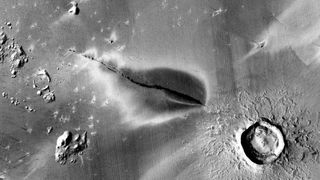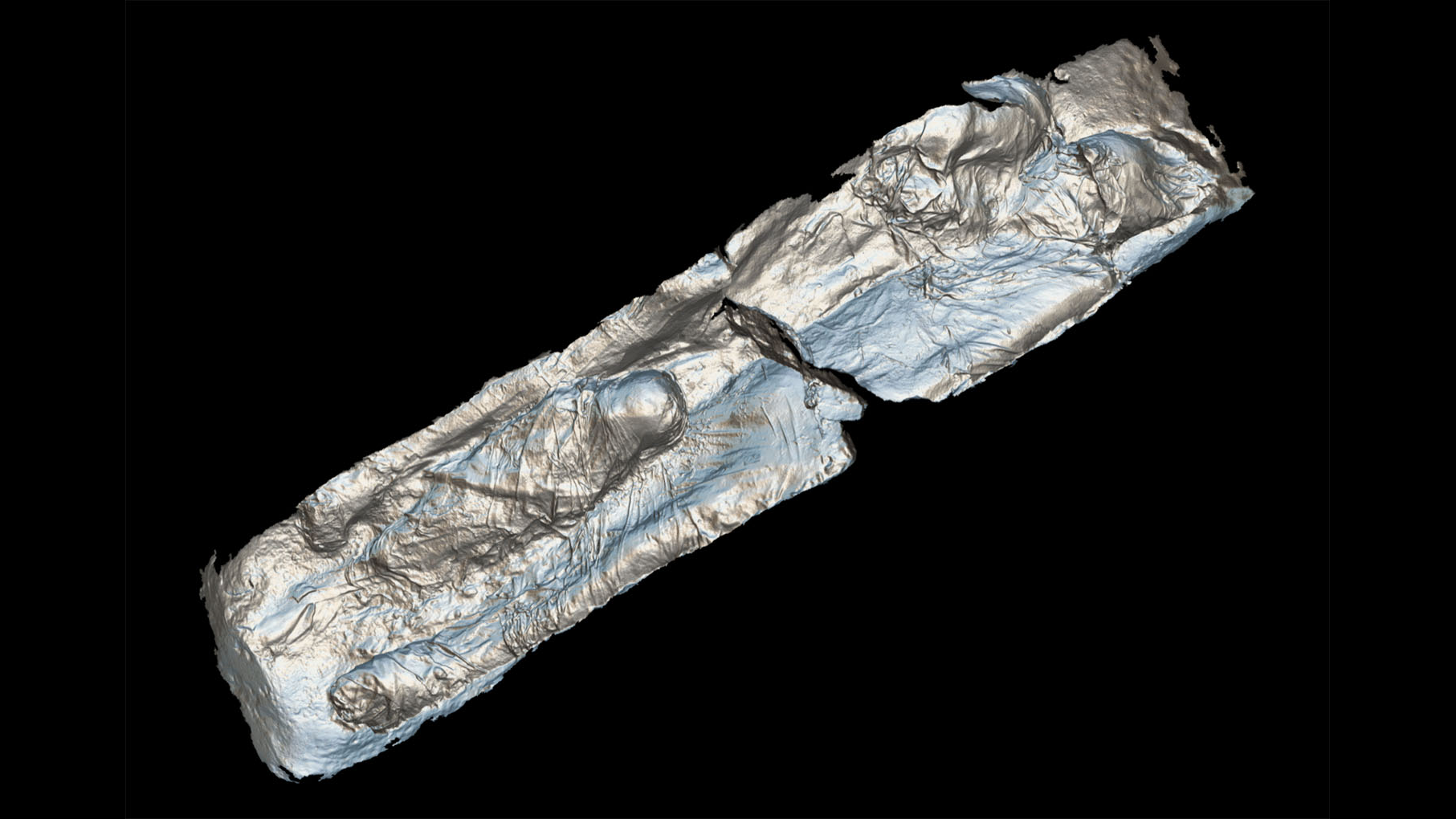
Charles Q. Choi
Latest articles by Charles Q. Choi
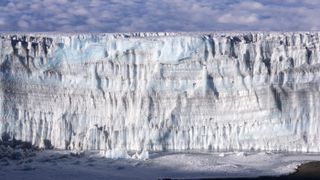
Massive ice wall may have blocked passage for first Americans
By Charles Q. Choi published
The first people who migrated to the Americas from Asia may have had to take a circuitous coastal route, as direct passage overland may have been blocked by a massive wall of ice.
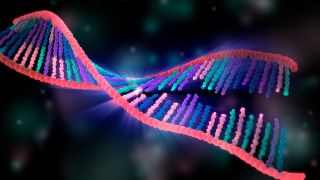
7 theories on the origin of life
By Charles Q. Choi, Scott Dutfield published
Reference From lightning to space rocks, here are ideas for how the first life on Earth came to be.
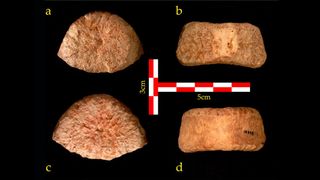
1.5 million-year-old fossil rewrites 'Out of Africa' theory
By Charles Q. Choi published
A new analysis of a 1.5 million-year-old human vertebra found in Israel suggests that ancient human relatives dispersed out of Africa in multiple waves.
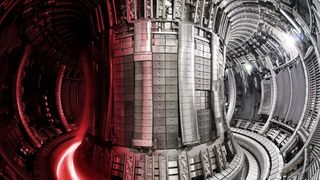
Fusion experiment smashes record for generating energy, takes us a step closer to a new source of power
By Charles Q. Choi published
The Joint European Torus fusion experiment in the U.K. has set a new record for generating energy.
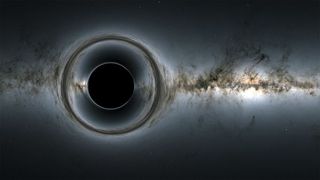
Rogue black hole spotted on its own for the first time
By Charles Q. Choi published
Astronomers may have for the first time detected and measured the mass of an isolated stellar-mass black hole, a new study finds.

Top 10 things that make humans special
By Laura Geggel published
Here are 10 things that make humans special when compared with the rest of the animal kingdom.
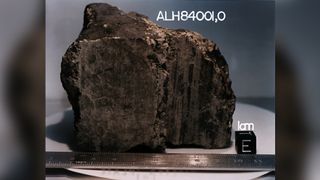
Infamous Mars meteorite contains organic molecules. But they aren't proof of life.
By Charles Q. Choi published
Organic molecules in a Mars meteorite that crash-landed on Earth are not signs of life, but instead formed in chemical reactions between water and rock.
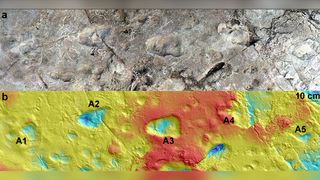
Unknown human ancestor may have walked a bit like a bear on its hind legs
By Charles Q. Choi published
Ancient footprints reveal a mysterious relative of humans may have lived at the same time and in the same area as the famous human ancestor "Lucy" in Tanzania.
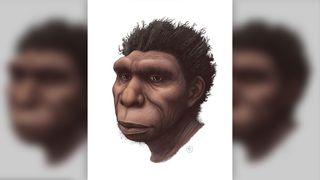
Newly named human species may be the direct ancestor of modern humans
By Charles Q. Choi published
Homo bodoensis is named after a 600,000-year-old skull found in Bodo D'ar, Ethiopia, in 1976.
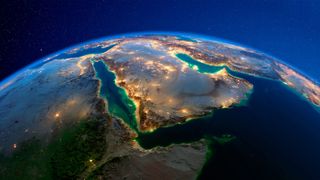
Arabia was 'cornerstone' in early human migrations out of Africa, study suggests
By Charles Q. Choi published
The largest-ever study of Arab genomes has revealed the most ancient of all modern Middle Eastern populations and is shedding light on how modern humans may have first expanded across the globe.
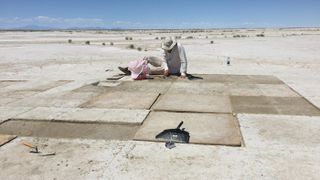
Oldest evidence of humans using tobacco discovered in Utah
By Charles Q. Choi published
Charred seeds found in the Utah desert represent the earliest-known human use of tobacco, nearly 10,000 years earlier than previously thought, researchers said.
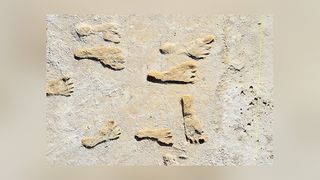
Fossilized footprints in New Mexico are earliest 'unequivocal evidence' of people in the Americas
By Charles Q. Choi published
Fossilized human footprints found in New Mexico reveal that people dwelled in the Americas during the last ice age's peak — conclusive proof of early migration to the New World.
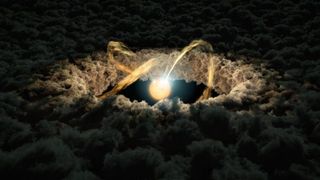
Dense 'hot spots' on a young star reveal what Earth's sun may have looked in its infancy
By Charles Q. Choi published
Astronomers may have captured the best view yet of matter colliding with the surface of a young star, findings that may shed light on what the sun looked like in its youth.
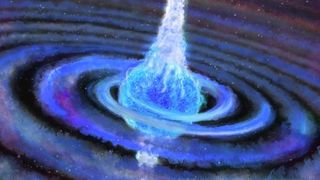
Dead stars crashing into live stars may trigger a new type of supernova
By Charles Q. Choi published
Astronomers have uncovered evidence of explosions triggered by dead stars ramming into live stars, possible proof of a new type of supernova, a new study finds.
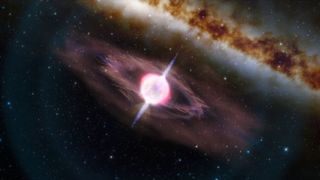
Astronomers catch fizzled-out gamma-ray burst from supernova
By Charles Q. Choi published
A fizzled example of a gamma-ray burst, the most powerful kind of explosion known in the universe, suggests these outbursts can be surprisingly brief, researchers say.
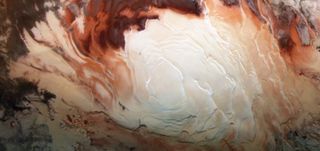
Buried 'lakes' on Mars may just be frozen clay
By Charles Q. Choi published
Bright reflections that radar detected beneath the south pole of Mars may not be underground lakes as previously thought but deposits of clay instead, a new study finds.
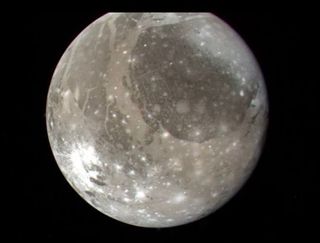
Water vapor detected on huge Jupiter moon Ganymede for 1st time
By Charles Q. Choi published
In the wisp-thin sky of Jupiter's moon Ganymede, the largest satellite in the solar system, astronomers have for the first time detected evidence of water vapor, a new study finds.
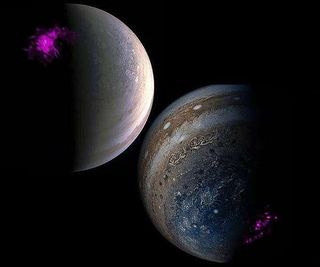
Mystery of Jupiter's powerful X-ray auroras finally solved
By Charles Q. Choi published
Mysterious flares of X-rays from Jupiter's auroras suggest that the giant planet's "northern lights" may possess unexpected similarities with those of Earth, a new study finds.
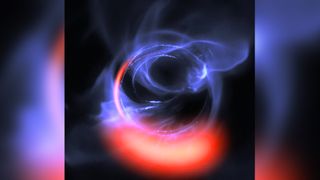
Star cluster overrun with black holes may dissolve into space
By Charles Q. Choi published
A cluster composed of thousands of stars may dissolve to become a mob of dozens of black holes in a billion years.
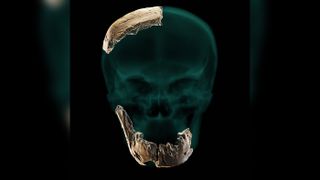
Unknown human ancestor unearthed in Israel. It had large teeth but no chin.
By Charles Q. Choi published
Mysterious human may have been the ancestor of Neanderthals.
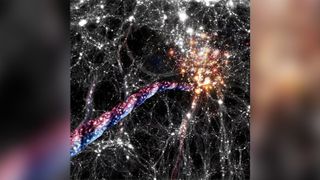
Astronomers discover largest-known spinning structures in the universe
By Charles Q. Choi published
Tendrils of galaxies up to hundreds of millions of light-years long may be the largest spinning objects in the universe, a new study finds.
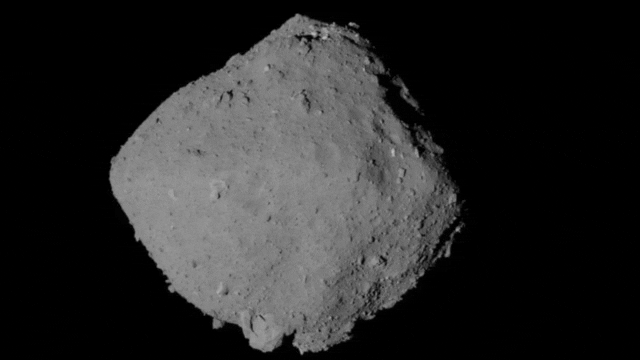
Boulders on asteroid Ryugu are surprisingly fluffy, Japan's Hayabusa2 probe finds
By Charles Q. Choi published
Boulders on asteroids can be three-quarters hollow or more, a discovery that could help yield insights on the way in which Earth and other planets formed, a new study finds.
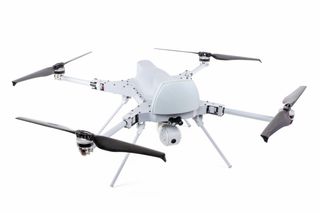
AI drone may have 'hunted down' and killed soldiers in Libya with no human input
By Charles Q. Choi published
A UN report suggests that AI drones attacked human targets without any humans consulted prior to the strike.
Get the world’s most fascinating discoveries delivered straight to your inbox.
